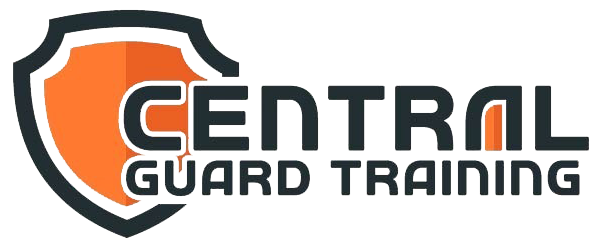
How to Become a Private Investigator in Ontario
How to Become a Private Investigator in Ontario: A Comprehensive Guide
If you’re intrigued by the world of mystery, problem-solving, and gathering information, a career as a private investigator (PI) in Ontario might be your calling. This blog outlines the steps you need to take to become a licensed PI in this province, along with key considerations for a successful career.
1. Understand the Role of a Private Investigator
Before you embark on this career path, it’s essential to understand what a private investigator does. PIs often work on a variety of cases, including:
- Infidelity Investigations: Gathering evidence of a spouse’s suspected infidelity.
- Insurance Fraud Investigations: Verifying the legitimacy of insurance claims.
- Background Checks: Conducting detailed checks on individuals for personal or professional reasons.
- Corporate Investigations: Investigating employee misconduct or fraud.
Being a PI requires strong analytical skills, attention to detail, and the ability to communicate effectively with clients.
2. Meet the Basic Requirements
To work as a private investigator in Ontario, you must meet several basic criteria:
- Age: You must be at least 18 years old.
- Legal Status: You must be a Canadian citizen, a permanent resident, or have a valid work permit.
- Criminal Record: You must have a clear criminal record. Certain offenses can disqualify you from obtaining a PI license.
3. Complete Required Training
In Ontario, aspiring private investigators are required to complete a training program approved by the Ministry of Community Safety and Correctional Services. Here are the steps to follow:
- Choose an Approved Training Provider: Look for institutions or organizations that offer approved courses. Training programs typically cover topics like investigative techniques, surveillance, report writing, and legal obligations.
- Finish a Training Course: Complete the training course, which usually lasts a few weeks and combines classroom instruction with practical experience.
4. Apply for a License
Once you’ve completed your training, you can apply for a private investigator license. Here’s how to do it:
- Prepare Your Application: Gather all necessary documents, including proof of completed training, identification, and any other required information.
- Submit Your Application: Fill out the application for a Private Investigator license through the Ministry of Community Safety and Correctional Services. Be prepared to pay an application fee.
- Pass a Background Check: Your application will include a background check, which will assess your criminal record and overall suitability for the role.
5. Gain Experience
After obtaining your license, consider gaining experience by working under a licensed investigator or agency. This experience will help you:
- Develop Your Skills: Practical experience in the field is vital for honing your investigative and analytical skills.
- Build a Network: Networking with other professionals in the industry can lead to job opportunities and valuable mentorship.
6. Consider Specializations
As you advance in your career, think about specializing in specific areas of investigation that align with your interests and expertise. Specializations can include:
- Cybersecurity Investigations: Focusing on online fraud and privacy violations.
- Corporate Investigations: Dealing with internal company investigations and compliance checks.
- Criminal Defense: Assisting in defense cases to uncover evidence supporting a client’s innocence.
7. Maintain Your License and Stay Updated
In Ontario, private investigators must adhere to ongoing training and licensing requirements. Make sure to:
- Renew Your License: Check the renewal process and stay on top of any deadlines.
- Continue Education: Engage in continuing education opportunities to keep your skills sharp and stay updated on changes in laws and industry best practices.
Conclusion
Becoming a private investigator in Ontario requires dedication, training, and a commitment to ethical practices. With the right preparation and experience, you can embark on a fulfilling career that allows you to solve intriguing puzzles and help clients find the answers they seek. If you’re curious about any specific steps or have further questions about this career, feel free to ask!



